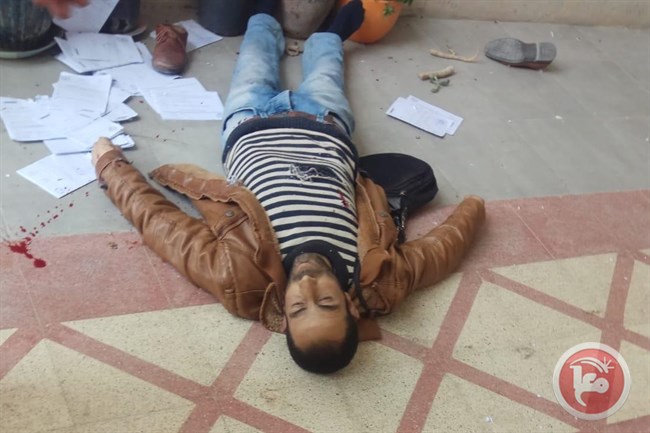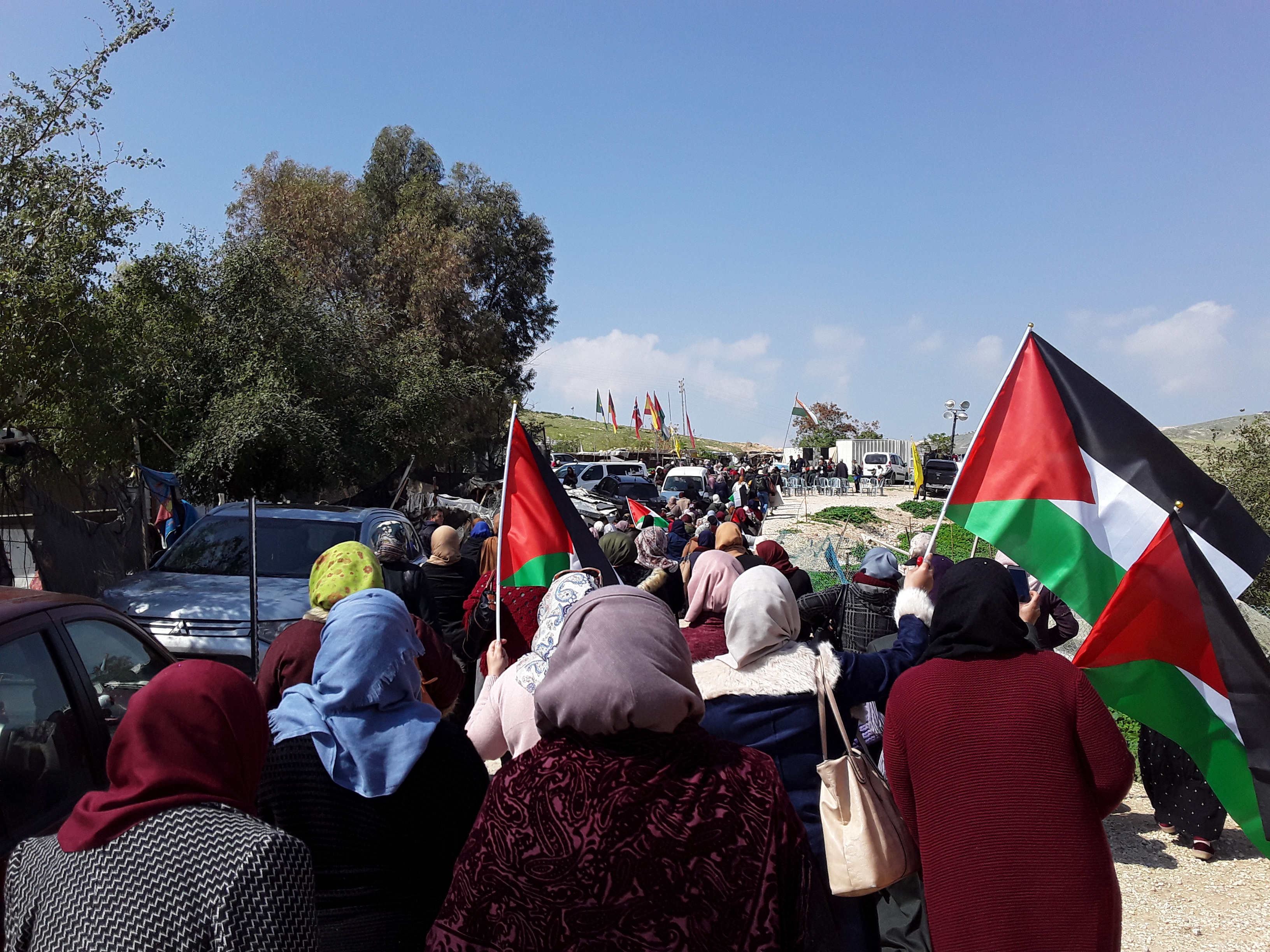Category: Features
-
Women from across Palestine gather in Khan al-Ahmar, call for resistance
March 6, 2019 | International Solidarity Movement, Al-Khalil team | Hebron, occupied Palestine Hundreds of women from all over Palestine met in Khan al-Ahmar on Wednesday March 6. The meeting was a response to a call for solidarity made by the General Union of Palestinian women and the residents of Khan al-Ahmar, as…
-
On beauty in Al-Khalil
February 2019 | International Solidarity Movement, Al-Khalil team | Hebron, occupied Palestine I have spent about 30 days in Al-Khalil this year. A short stay by ISM standards, and nothing compared to the tens of thousands of people who call this place home. Despite this, I already feel that the city has got under my…



